Cooking with kids might sound simple, but it packs a big punch when it comes to benefits. From encouraging healthy eating to building life skills, confidence, and stronger family bonds, getting children involved in the kitchen turns mealtime into something meaningful — and fun.
"It helps to think of it less as a chore and more as a way to spend time together," says Jessica Battilana, a staff editor at King Arthur Baking Company, which offers cooking classes for both adults and children.
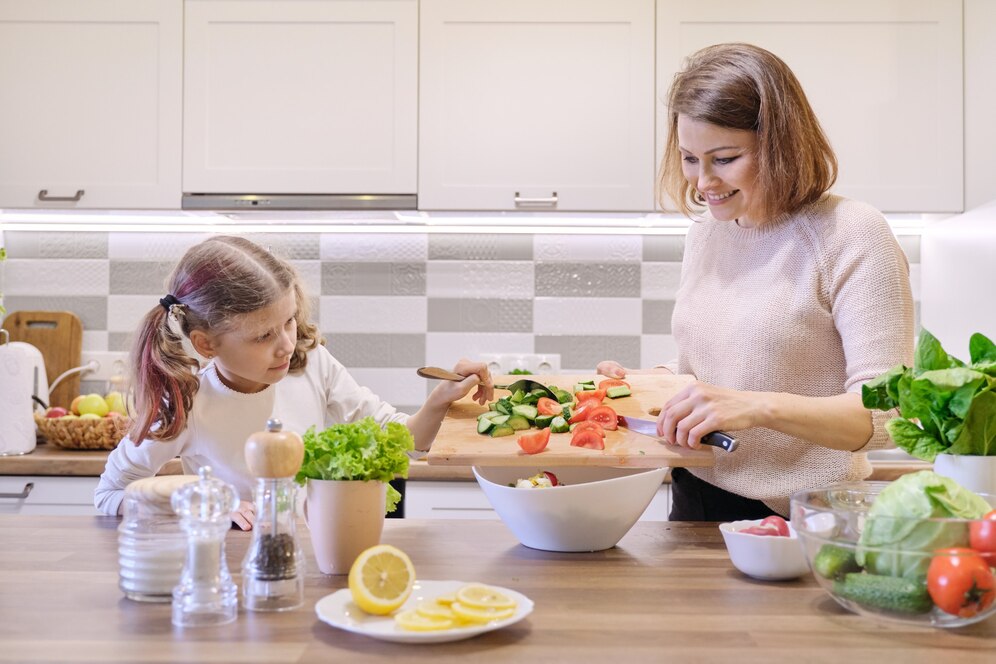
Meals don't need to be gourmet, and not everything has to be homemade. What matters most is participation. "The investment parents make early on to include their kids in the kitchen pays off when they're confident handling tasks on their own," Battilana adds.
Whether your child is already curious in the kitchen or just starting out, it's never too late to get them cooking. Here are just a few of the rewards:
A Sense of Accomplishment
One lesson from the pandemic? Cooking is an essential life skill.
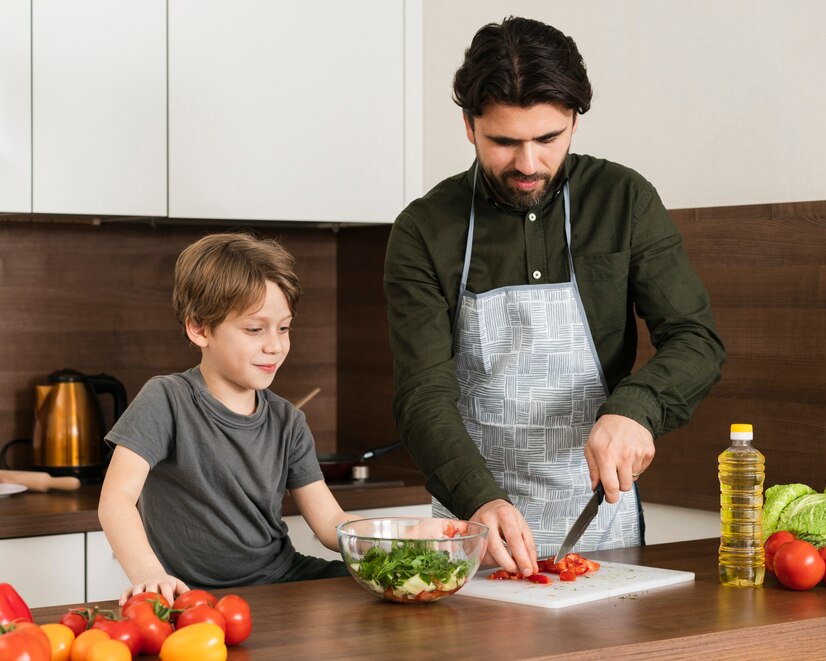
Becca Cooper Leebove, a mom from Denver, began teaching her young kids to help in the kitchen during the lockdown. At ages 3 and 8, they started with simple tasks — pouring ingredients into a mixer, rolling dough, or icing cakes. Five years later, their skills have flourished.
"My goal was quality time — something engaging that pulled them away from screens," Leebove says. "Now they love showing off their creations, and we enjoy the results together."
Her 13-year-old son now chops veggies and sautés meat. They've also learned to clean up and set the table — practical skills with lasting value.
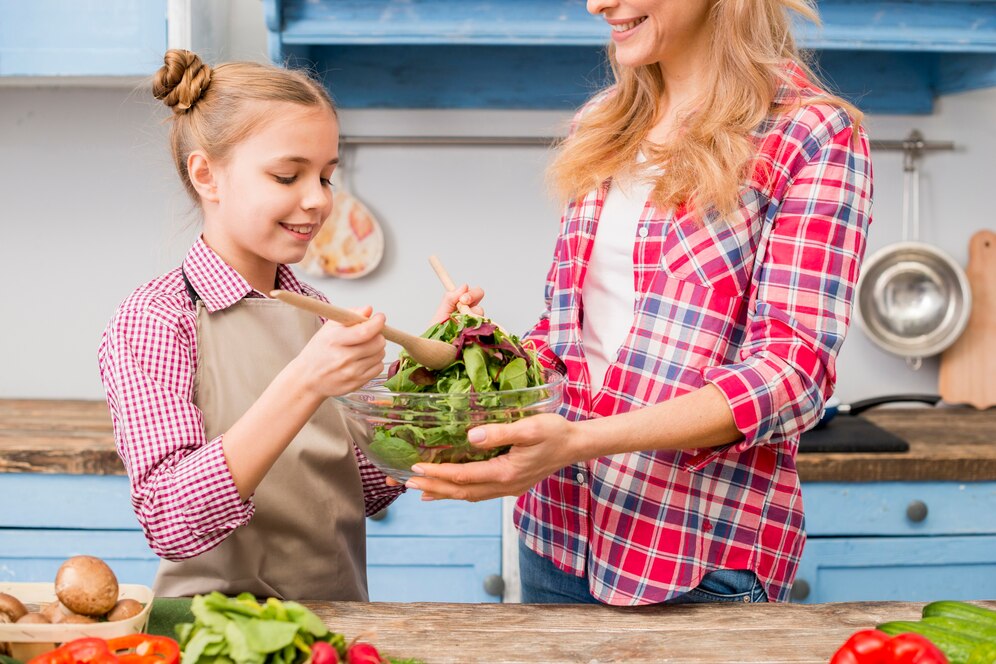
Confidence and Real-World Learning
"It's exciting for kids to be part of what feels like a grown-up activity," says Cristi Donoso, a speech therapist and mom of a 5-year-old. She's been cooking with her daughter since toddlerhood and encourages her clients to do the same.
Donoso points out that cooking involves more than just food — it builds math and language skills, concentration, and self-control. Following a recipe requires reading comprehension and sequencing, and kids learn to stay safe in the kitchen too.
"There's a sensory experience that helps kids become more adventurous eaters," she says. "It's not just about eating — it's making a list, shopping, touching, and exploring food."
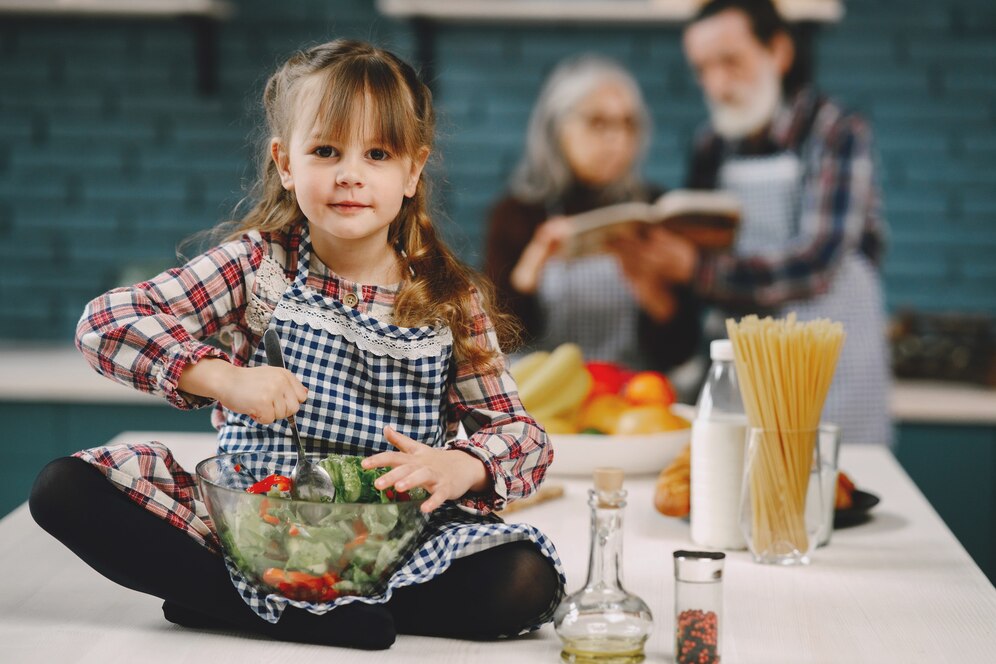
An Adventurous Palate
Eric and Elizabeth Brown, owners of Third Space Kitchen in Massachusetts, offer kids' cooking classes and camps. They've noticed something important: kids become more open to trying new foods when they know what's in them.
"They're more willing to experiment," Eric says. "The more involved they are, the less likely they are to say, 'Eww.' Instead, it's, 'What's that? I'll try it.'"
At their programs, younger children might make pizza dough or decorate cupcakes, while older kids take on challenges like full cake-decorating competitions.
Encouraging Healthy Habits
With childhood obesity rates on the rise, home cooking offers a healthier — and more affordable — alternative to ultraprocessed foods.
Jennifer Schittino, a mom of two in Maryland, says she wants her kids to develop smart habits early on. "It’s healthier and cheaper to cook from scratch," she says. Her children are learning to use knives, roll dough, hand-crank pasta, and prep ingredients like avocados and eggs.
"They're gaining the skills to cook nutritious meals on a budget," she says.
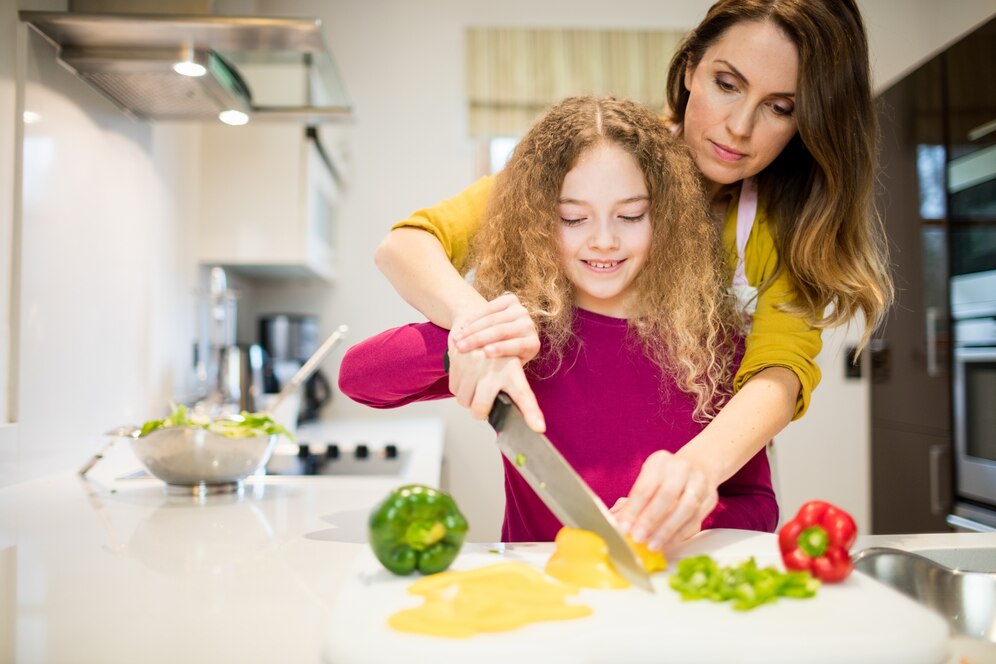
You Don't Have to Be a Pro to Teach Your Kids
Even if you're not a confident cook yourself, don't worry — starting simple is key.
Battilana suggests making a list of 10 basic meals that kids can learn and practice regularly. Think scrambled eggs, quesadillas with guacamole, or pasta with veggies. "The more you make them, the easier shopping and cooking become — no recipe needed."
Her takeaway: kids are often more capable in the kitchen than we give them credit for. "Sure, they're slower and a little messier, but they're eager, capable, and willing to try new things — especially when they've helped make them."




